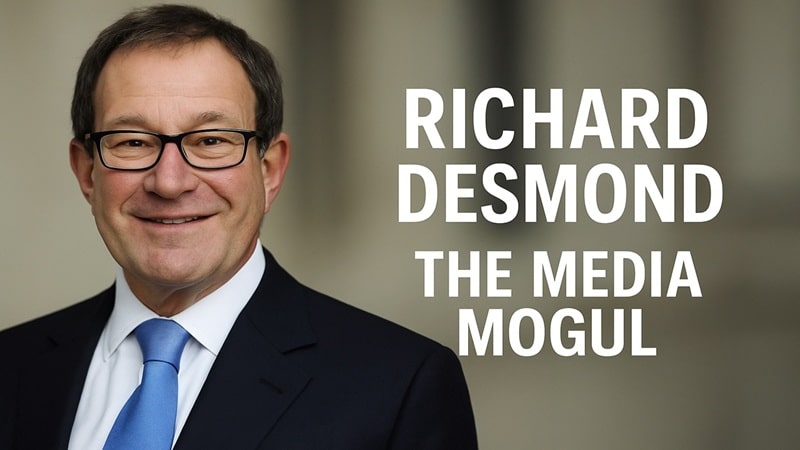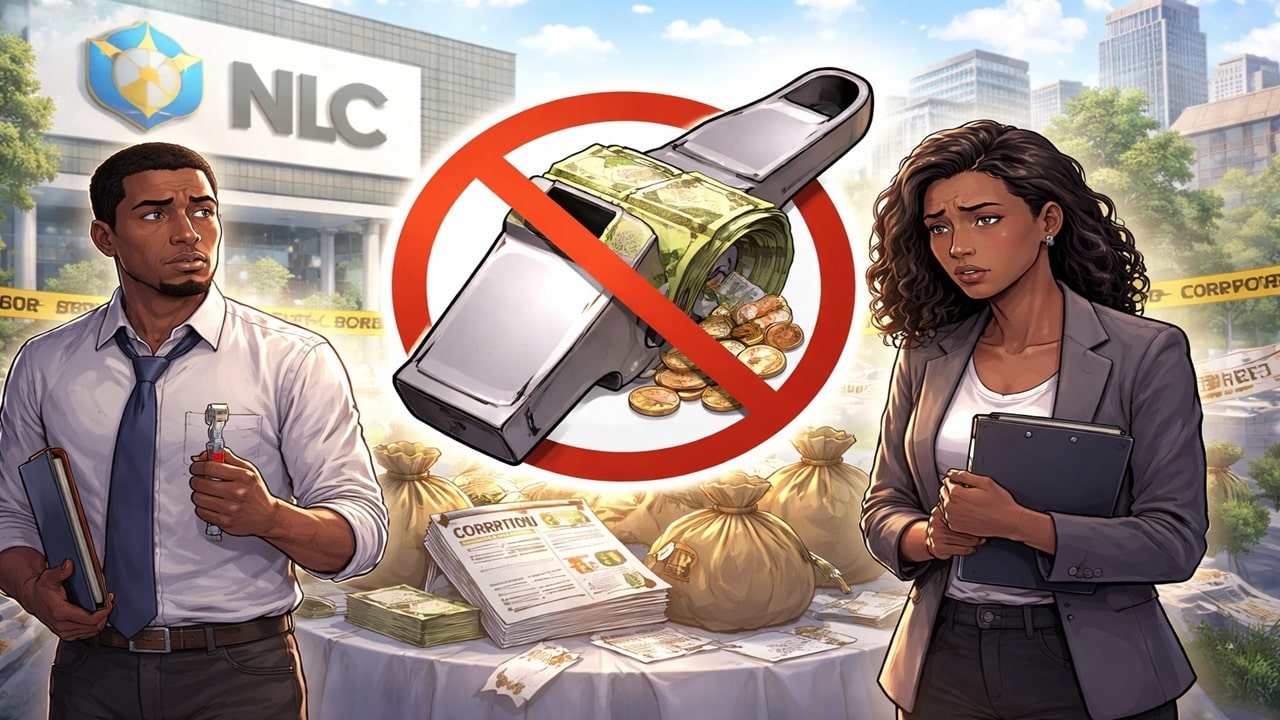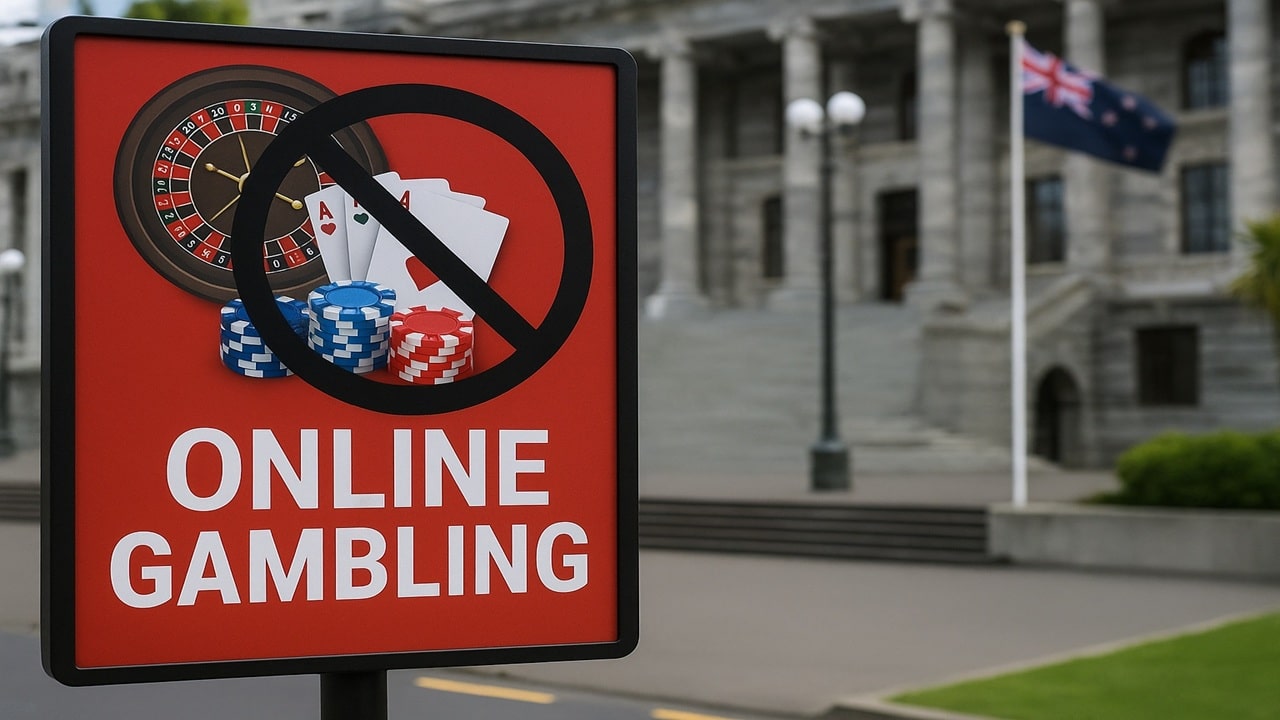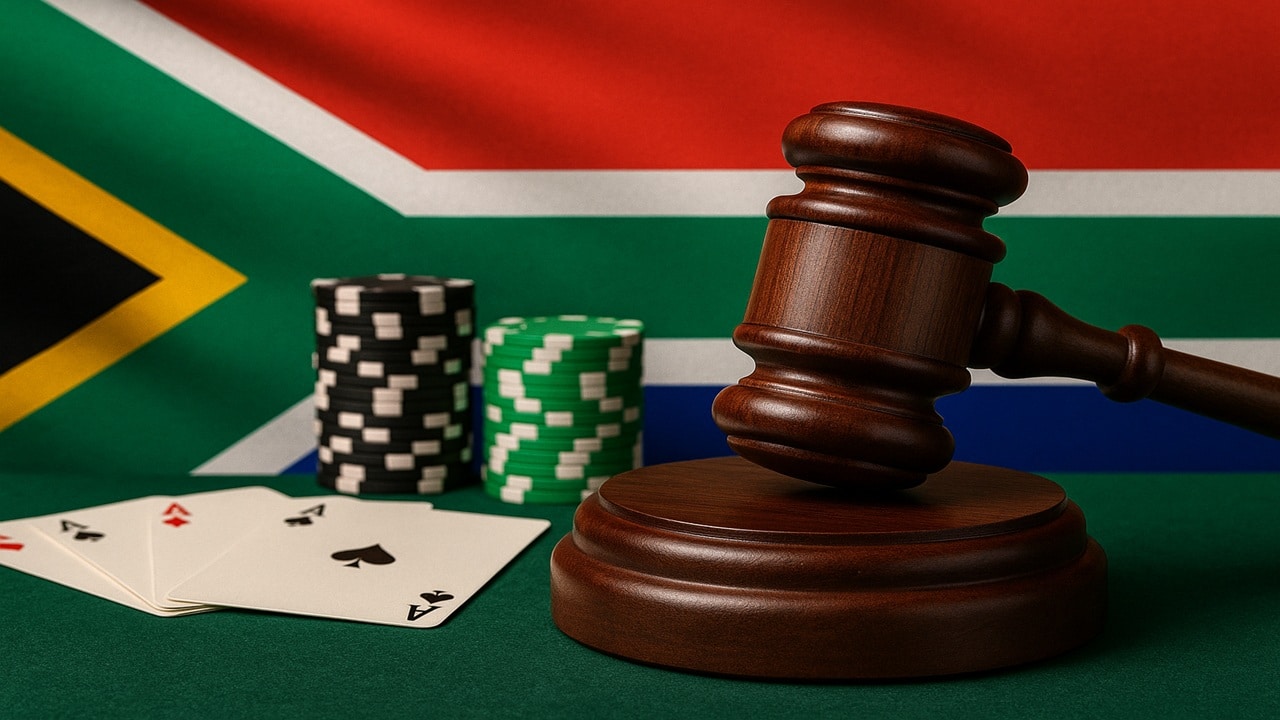
Richard Desmond sues UKGC for £1.3 billion in damages over the National Lottery licence award, claiming errors in the bidding process.
Billionaire media mogul Richard Desmond has asked the High Court to exercise generosity when considering his £1.3 billion damages claim against the United Kingdom’s Gambling Commission.
The legal battle, which opened this week before Mrs Justice Smith, centres on alleged errors in the bidding process for the National Lottery licence, which happens to be Britain’s largest public sector contract.
Lawyers representing Desmond’s Northern & Shell investment firm and his lottery bid vehicle, The New Lottery Company (TNLC), argue that the Gambling Commission committed “manifest errors” during the competition process.
The 10-year licence was awarded in 2022 to Allwyn, a company owned by Czech billionaire Karel Komárek, which has operated the National Lottery since 2024.
Should Desmond prevail, the financial consequences could be substantial for both charities and taxpayers. I am sure the British public is already fed up with the taxes the current diabolical government is putting on citizens, and of course, targeting the gambling market, as reported in Jack Bannon’s tax on British gambling news story
Any compensation would be drawn from lottery funds designated for good causes, which receive approximately £30 million per week from ticket sales. If the award exceeds available funds, the shortfall would likely fall to taxpayers.
Source:The news story came to our attention thanks to a news story published on the Inkl, connected to the Gurdian newspaper – Richard Desmond asks for ‘generosity’. Hoever, the UK Gambling Commission has not made an offcial statement on its website as per my research.
Allegations of Process Failures
TNLC’s legal team alleges that the Gambling Commission provided feedback to rival bidder Allwyn at a stage when such communication should not have occurred, describing this as a “very serious breach” of competition rules. The claim also asserts that the bidding process was fundamentally flawed on multiple grounds and argues that the competition should have been rerun after contract terms were changed following the award.
Allwyn is participating in the case alongside the Gambling Commission, defending the outcome of the bidding process. The company has a vested interest in the proceedings, as its reputation could be damaged if the court determines the licence should not have been awarded to them.
According to sources close to Northern & Shell who spoke to the Financial Times, Desmond’s legal challenge hinges on the Gambling Commission’s alleged failure to comply with procurement regulations during the assessment of his bid and those of rivals Allwyn and Camelot.
The UKGC Has Already Put Its Defence
The Gambling Commission has vigorously defended its handling of the licensing process, describing it as robust and thorough. Sarah Hannaford KC, representing the Commission, dismissed Desmond’s damages claim as “hopeless,” telling the court it was “extremely unusual, if not unique, for a bidder who lost so spectacularly to argue that it should have won.” In legal submissions, the regulator characterised Desmond’s bid as fanciful and stated it performed “extremely badly” in what they described as a rigorous competition. Hannaford added that TNLC’s belief that it could have succeeded with more detailed early feedback amounted to wishful thinking.
A Gambling Commission spokesperson previously stated: “In accordance with the order of the court, at all stages the parties must consider settling this litigation by any means of alternative dispute resolution. Naturally, the Commission will continue to have regard to those requirements.”
What is the Background to this Dispute?
The legal battle has escalated from earlier settlement attempts. The Gambling Commission reportedly proposed a £10 million settlement to Desmond in December, which was rejected. In November 2024, the regulator sought a mediation meeting with Northern & Shell, but the matter has now proceeded to a full trial. The Commission’s operational costs related to the National Lottery surged in the 12 months ending March 2025, rising to £28.8 million from £14.4 million the previous year. This included £3.75 million in National Lottery regulation costs and £24.67 million in competition costs.
The case has drawn attention to the complexity and opacity of large-scale public procurement processes. The outcome could have implications not only for the parties involved but also for how future government contracts are awarded and challenged.































Leave A Comment